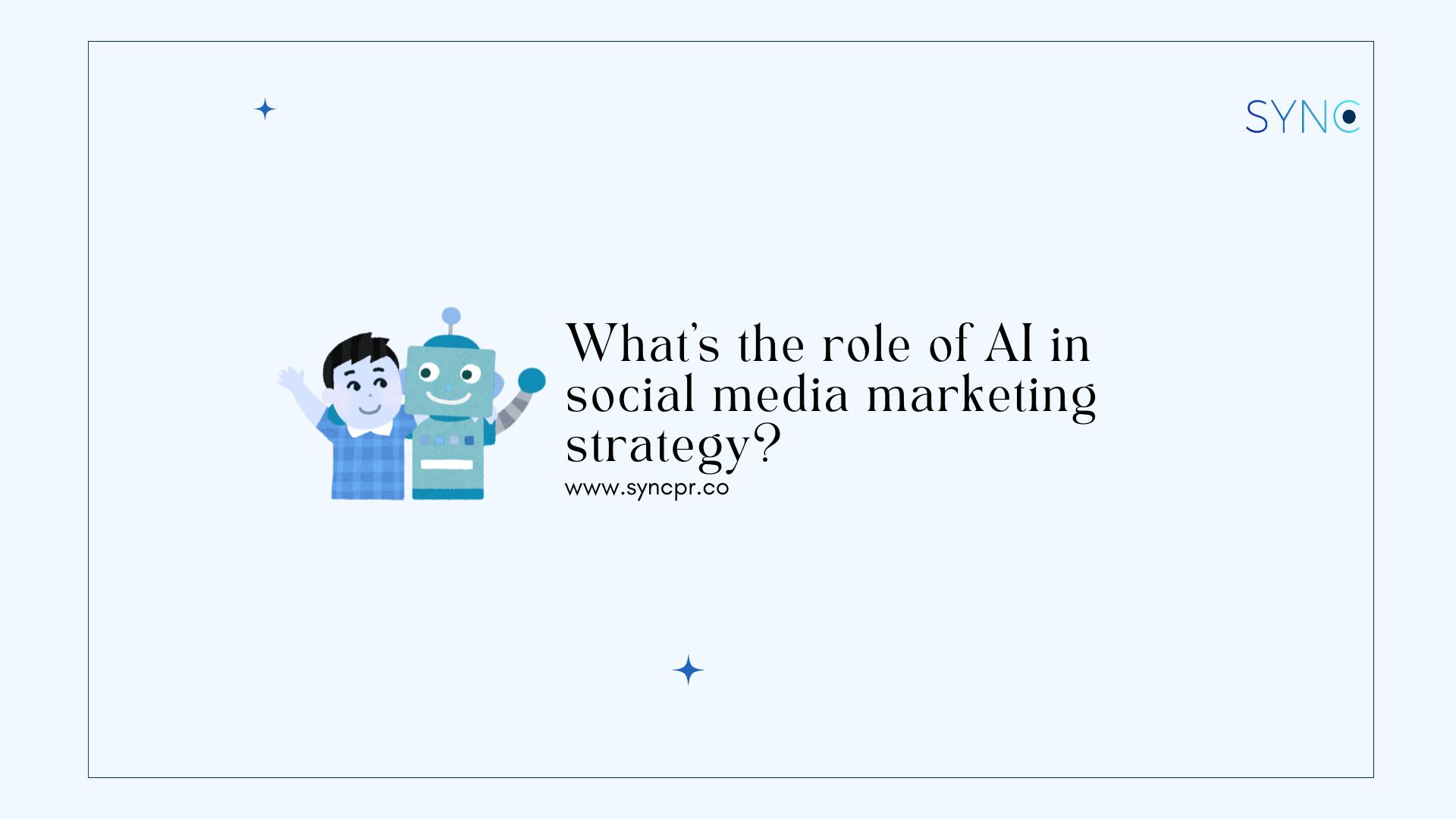Social media marketing is not what it used to be. Now with the help of our AI friend — it just feels like an addition to the team, but instead of a human, you get an intelligent, can-do-all robot. And by this logic, the “social media team” can be reduced to, well, 1 person.
We have established the significance of AI in SEO and how it has been disrupting the formula when it comes to identifying, analysing, and putting the right keywords. Just earlier in March, the mass use of ChatGPT to create Studio Ghibli images took the internet by storm, with thousands of opinions — specifically dividing two sides, for it and against it. With the co-founder of Studio Ghibli, Hayao Miyazaki, concerned about the ethical implications of AI, the issue at large here is finding the balance between having AI as a companion and still having the human ability to create.
Social media and AI: Working together or against each other
Some might argue that now with AI slowly taking over, well, basically everything — social media has gotten worse. From an orange cat doing chores to a flying elephant, the line between real and fake is blurring fast.
From a business standpoint, AI is a great tool all around without a doubt. For social media marketers and digital marketing strategists, AI plays a significant role from the planning phase to the final reporting phase. Let’s take a look at why AI is a great tool all around for social media and content marketing strategy:
Customer research
Now, in any social media campaign planning, the first crucial step is to understand what, why, when, where, and who your customers are. This is where AI is particularly good at. Doing customer research can take up most of your planning time. AI, at its core, is really good at using data and converting it into valuable insights surrounding your business. Say you have a 3-month social media campaign to run, social media marketing strategists can use AI-powered tools such as Meltwater or Determ to discover the audience demographics, their general interests, as well as their overall consumer behaviours.
One of the things that can be impactful and give insights into any campaign is that AI can predict customer needs and customise specific messaging to specific groups accordingly. Another key component is identifying current trends and changes in sentiment for different subjects in real time. Hashtags and keywords used on social media are data that can be retrieved from these tools and can be able to use as insights for social media campaigns.
Content creation and optimisation
In terms of creating content itself, AI can help with streamlining creative workflows. For instance, generating and brainstorming ideas by identifying what’s currently trending, discovering relevant content angles that fit a specific audience, and even comparing what your competitors are doing. This is the first good step to any content creation in executing social media campaigns.
When you have that going on and ready to go, copywriting can be redundant over time, especially in coming up with new, unique phrases. AI can help with recommending a few snappy captions for your socials, or even long captions that complement your posting, so copywriting wouldn’t be a taxing task.
The content creation process is done, now comes the testing part and platform optimisation, which is important as you want your content to be tailored to specific social media platforms and to personalise the content based on user segments. What works on TikTok does not always work on Instagram. Remember that! AI can help format and adapt your content to fit each social media platform’s guidelines, which include its length, tone of voice, trending sounds, and hashtags used in the posting.
Scheduling and performance insights
The final part of social media marketing campaigns is scheduling the postings and analysing their performance. Timing is important whenever you want to run a campaign; this can either make or break your overall engagement. AI can help determine the best time to post at noon, 12 o’clock, or 1 pm. All these questions can be answered through AI-powered tools. This also includes cross-posting on different platforms — the same formula for content creation — what works on Instagram does not always work on TikTok and vice versa.
Reporting and performance analytics are the final part of running social media marketing campaigns — the team and the client need to know what works and what doesn’t. This is where in the process where understand which types of content, for example, short-form video, and long-form content work best for which audiences, and analyse their performance across social media platforms. Again, Meltwater and Determ are some of the AI-powered platforms that do just that.
AI is here to stay & we need to learn to work with it
Content marketing strategists and social media marketing manager have all the resources in the world to plan and execute a decent social media campaign. These AI-powered tools not only help with the technical parts of campaigns but also serve as a companion and an “extra team member” on the team!
As we move forward, and as cliché as it may sound, AI is here to stay. And the question remains: are we ready to embrace it fully and accept its current and future impacts?
If you’re keen to learn more about AI in content and social media, drop us a line at hello(a)syncpr.co

